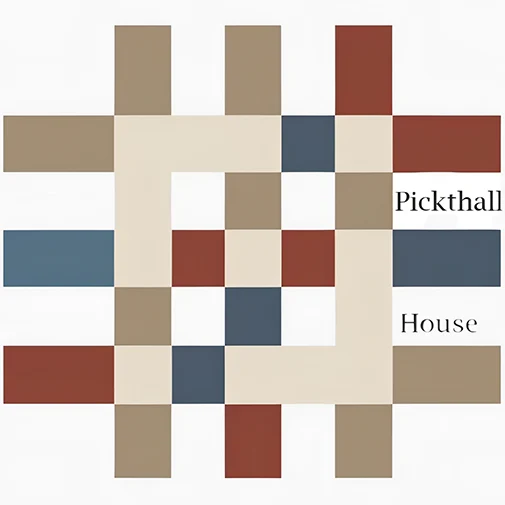Pickthall House firmly believes that calls for special legal protections against the desecration of religious texts or insults to religion, such as those made by Labour MP Tahir Ali, are detrimental to intercommunal relations. While these measures may be intended to protect religious sensitivities, we argue they risk stifling open dialogue, breeding division, and undermining the values of a pluralistic society. Legal restrictions on expressions, even those that might be considered offensive, can create an atmosphere of fear and misunderstanding, ultimately doing more harm than good.
Ali’s comments came during Prime Minister’s Questions, where he urged Keir Starmer to introduce measures preventing the desecration of religious texts, especially the Quran. His plea was framed within the context of Islamophobia Awareness Month, a time to raise awareness of anti-Muslim prejudice. Ali also referenced a 2023 UN Human Rights Council resolution condemning the desecration of religious texts, including the Quran, despite opposition from the UK government.
The issue of Islamophobia and how to define it has sparked ongoing debate in the UK for years. While there is widespread agreement on the need to address anti-Muslim hate, questions remain about the balance between protecting people from hate speech and safeguarding the freedom to critique religion. Ali’s call raises important questions about the boundaries of free speech and whether legal protections against religious criticism could inadvertently fuel division rather than promote respect and understanding.
The call for new blasphemy laws has been met with strong criticism from across the political spectrum. A spokesman for the National Secular Society expressed deep concern, stating, “It is deeply alarming that an MP is calling for the introduction of new blasphemy laws. Concerningly, the Prime Minister offers no defence of free expression.” Former Tory Minister David Davis, a staunch advocate for civil liberties, remarked, “For centuries, one of the most important features of Britain’s freedom of speech is the absolute right to criticise religion. Freedom of speech is fundamental to everything we have and everything we stand for. I regret that Keir Starmer did not make that clear to Mr Ali at PMQs.” Reform UK MP Rupert Lowe also voiced his opposition, warning, “We do not, and must not, have blasphemy laws – regardless of which religion feels offended.” These responses showcase how figures from all sides of the political spectrum have condemned this proposal, demonstrating the widespread unease it has sparked.
Defenders of the proposed law may argue that it is designed to protect all religions equally; however, in practice, it will almost certainly be viewed as a measure aimed at protecting Islam and Muslims, given the current context and the focus of recent controversies such as in Sweden. While we agree with the UN’s assessment that the desecration of religious texts, such as burning Qurans, is deeply offensive and provocative, the enforcement of such a law does not seem to be the most tactful approach. Legislation of this nature risks creating a climate of suspicion, where communities may feel targeted or perceive the law as an imbalance in the treatment of different faith groups. Rather than fostering understanding and mutual respect, it could exacerbate existing tensions, undermine trust, and further polarise public discourse.
Pickthall House believes that the proposed law would have a chilling effect on freedom of expression. It risks creating the perception, whether warranted or not, that the government is stepping in to censor criticism of certain minority groups, potentially fuelling narratives of two-tier policing. To clarify, we do not believe that two-tier policing currently exists; however, this law could contribute to the belief in such a system, particularly among those already sceptical of equality in law enforcement. Rather than promoting tolerance, such laws could create a climate of hostility and division, defeating the very purpose they are intended to serve. In a pluralistic society, it is essential to accept and engage with views we may disagree with, as this is the foundation of a healthy, open democracy.


